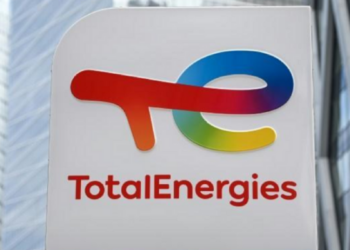The Petroleum Products Pricing Regulatory Agency (PPPRA) urged Nigerians that the implementation of the Petroleum Industry Act will not automatically increase fuel prices in the country,
This was disclosed by its Executive Secretary, Mr Abdulkadir Saidu, in a statement in Abuja on Sunday.
What the PPPRA boss said
Saidu said, “There is no gainsaying that the PIA signals the implementation of full deregulation of the downstream sector.
“However, it remains worthy of note that the PIA does not automatically translate to any immediate increase in the price of PMS.
“ The current price will remain until a negotiation with organised labour, which will develop a feasible framework that minimises the impact of a Market-Based pricing policy on the masses, is concluded.”
READ: PPPRA bows to pressure, deletes template for new pump price
He added that the PIA which provides legal governance, regulatory and fiscal framework for the Nigerian petroleum industry, the development of host communities and related matters, marks the beginning of a new era in the growth and development of the entire oil and gas industry.
He added that the implementation of the PIA would foster greater investment in the sector.
“Delivering on the promise to create an environment with a transparent, clear and robust legal and regulatory regime is sure to open up new vistas in the oil and gas industry, and the Nigerian economy.
“It will also lead to transparency and efficient resource management, provide a more consistent standard of operations and ensure less cumbersome regulatory control of the industry, among other gains,” Saidu said.
READ: The new PIB may scrap DPR, PPRA, others
In case you missed it
Nairametrics reported that the Federal Government inaugurated the steering committee that would implement the Petroleum Industry Act (PIA).
Minister of State for Petroleum, Timipre Sylva said implementation structure is made up of a system that was approved by the Presidency which is made up of the Steering Committee and the Implementation Working Group/Coordinating Secretariat, citing that the Steering Committee has the job of effective and timely implementation of the law in the course of transition to the new petroleum industry envisaged in the reform programme.

















